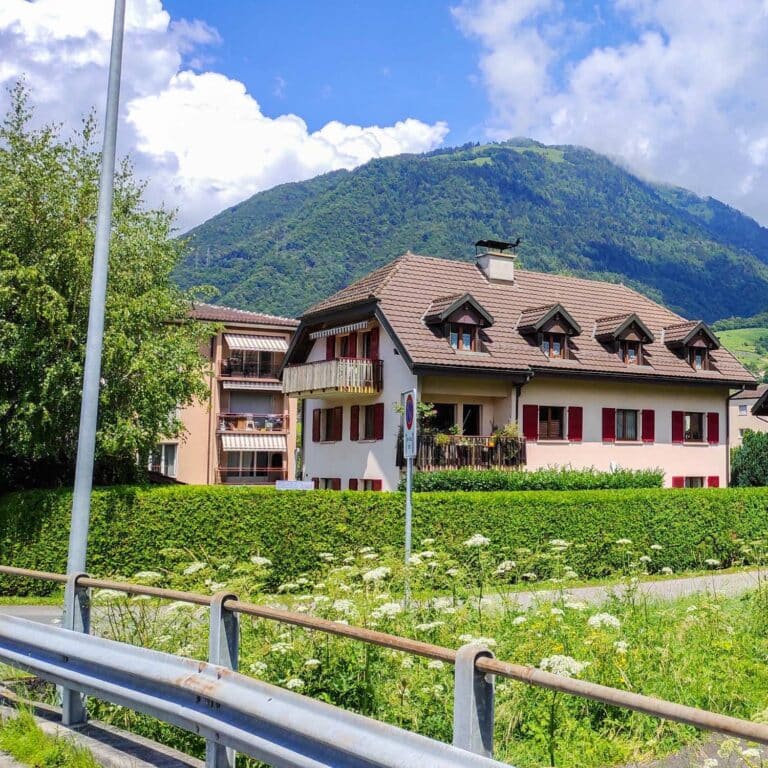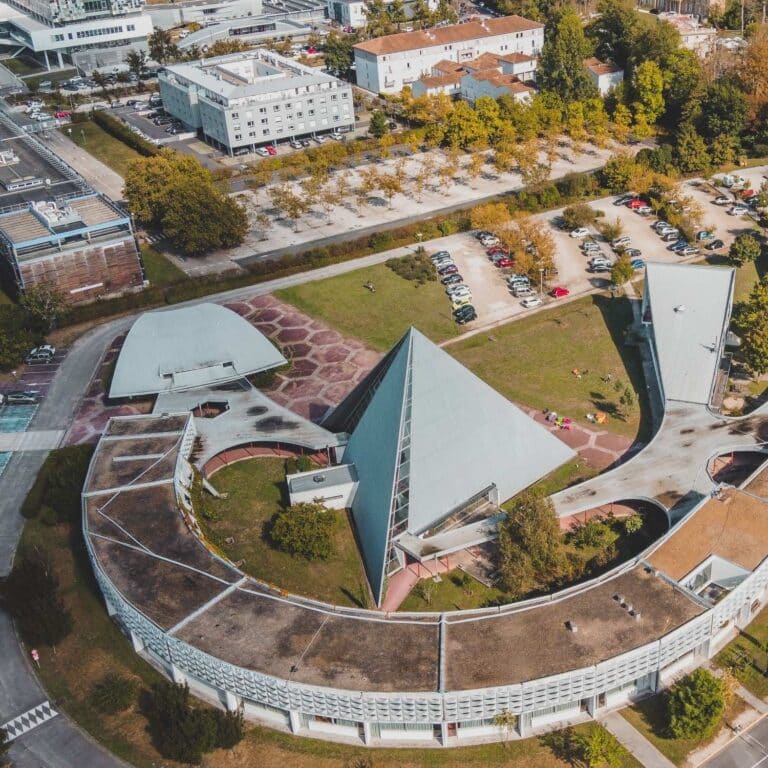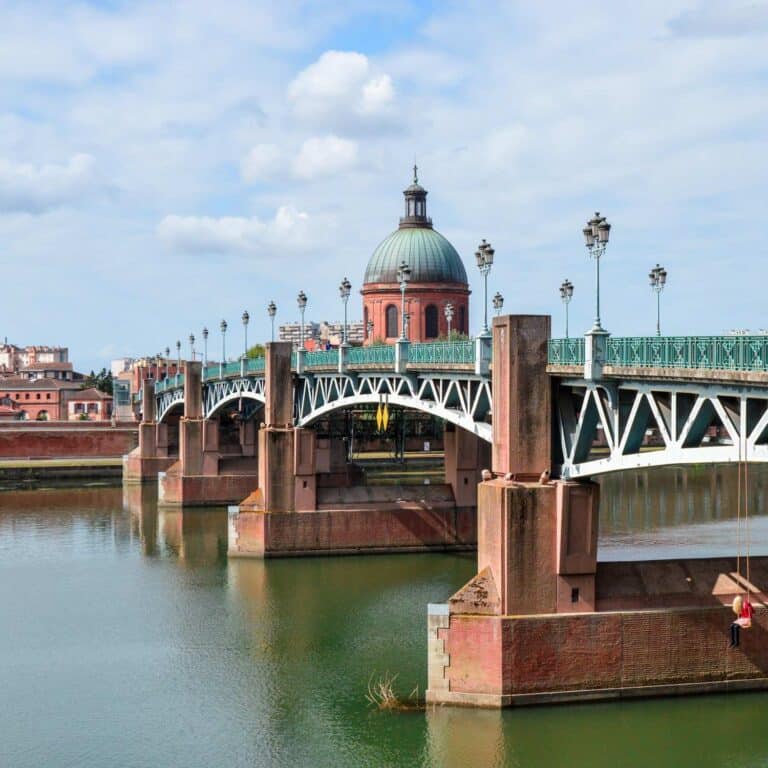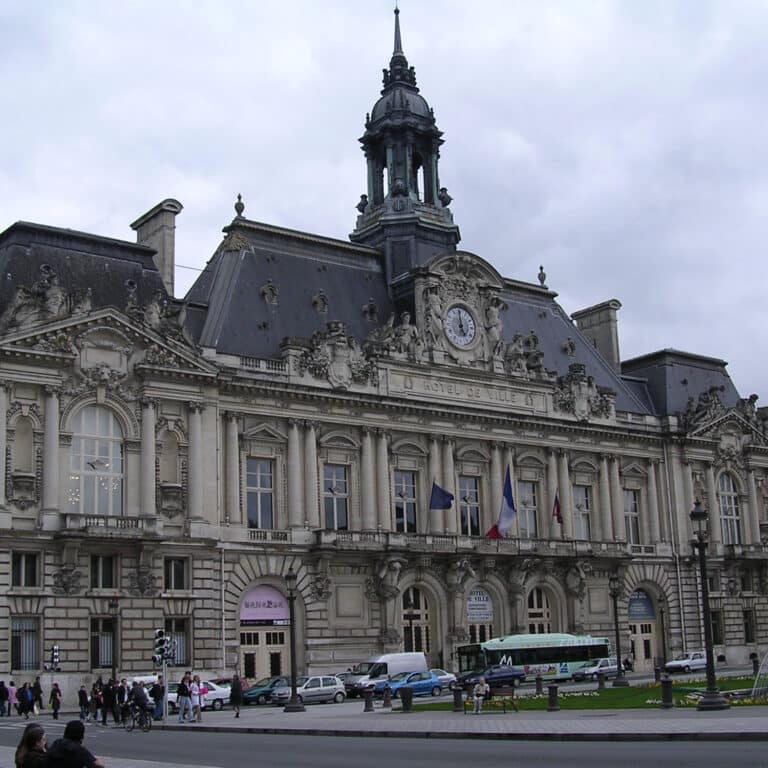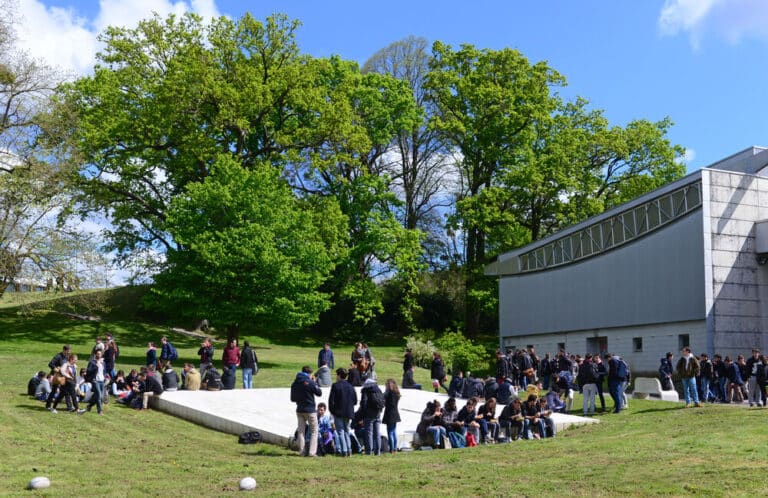



France
Why Study Here
With one of the most respected education systems in the world, France is a popular destination for international students. Being one of Europe’s largest countries and boasting a superb cuisine, social scene, and 35 UNESCO World Heritage Sites, there is a lot to see and do in France! It is also a great base for exploring Europe, with nine bordering countries and a strong transportation system. Education is taken seriously by the French state, accounting for a large proportion of its budget. Unlike in other countries, international students are treated no differently from native students. Tuition fees, health coverage, and housing subsidies are accessible to everyone, regardless of where you come from. Although there are some programs taught in English across France, being able to speak French is very important for making the most of your study experience. Not being able to speak French will put you at a disadvantage. Student housing is one of the areas in which international students benefit from the laws that provide them with equal treatment as citizens.
Students, even international, can apply for CAF, which is student government assistance for housing. Students usually received around 100 euros a month. Though the process takes two or three months, it is paid retroactively from the time of application. Housing that is not handled through school can be difficult to secure. Often, landlords will want a security deposit and/or a letter from the bank. Renters have tremendous rights in France, and it is very hard for landlords to evict tenants, so landlords often ask for French references. Many schools have arrangements with housing providers and landlords to avoid these obstacles.
Working
Health Insurance
Participation in the national health insurance plan is required for (non-EU) international students.
The French healthcare system is among the world's best. It's quite reasonable, too. For the 2013 school year, the student premium was 211 EUR for the school year.
Proof of Means Req's
You will be required to demonstrate that you have the resources to support your stay in France. You should show a bank statement showing a balance of $820 multiplied by the number of months to be spent in France. There are a couple of alternatives to the bank statement.
First, another person could financially guarantee your support during your stay in France. This person would need to complete a form and show a bank statement. Alternatively, scholarships or aid could provide support for your living expenses. You would need official proof of the scholarships.
Student Residence
Students staying longer than 90 days must obtain a visa and an annual residency permit. VLS-TS is the typical visa issued to international students, and it includes a residence permit.
If you're from one of the 33 countries that follow the CEF procedure, such as Brazil, China, or the USA, you can use the online visa application.
When the VLS-TS visa is issued, the consulate will give the applicant an official form (with instructions) that they must present to the French office of immigration and integration (OFII). Once you have your VLS-TS and you're in France, you will be required to complete a medical exam at the immigration office and then you'll need to obtain a special 58 EUR stamp marked "OMI" or "ANAEM" from the local tobacconist or online.
Special Notes
When it comes to higher education, France is one of the more confusing countries to figure out. Sometimes a business school (or other specialized department) is part of a university, but run and presented in a really self-contained way that makes it hard to realize they are even connected! Furthermore, programs have to run for a certain number of years before the Ministry of Education will sign off on accreditation. Knowing that most people want that accreditation when they sign up for a program, some schools have other schools validate their program until it can be accredited on their own.
Further, despite the Bologna Declaration, which standardized a lot of higher education in Europe, the French still use a lot of terms not used in other countries. For instance, master's degree programs take 2 years to complete, but they use the terms M1 and M2 as if the two years are totally separate. The easy way to understand the M1/M2 situation is simply that M1 (the 1st year of the master's) is more general and the 2nd year (M2) is more specific. Since M2 is required for a master's degree, those are the ones we have listed.
Cities
Schools
Key Facts
https://www.campusfrance.org/en


